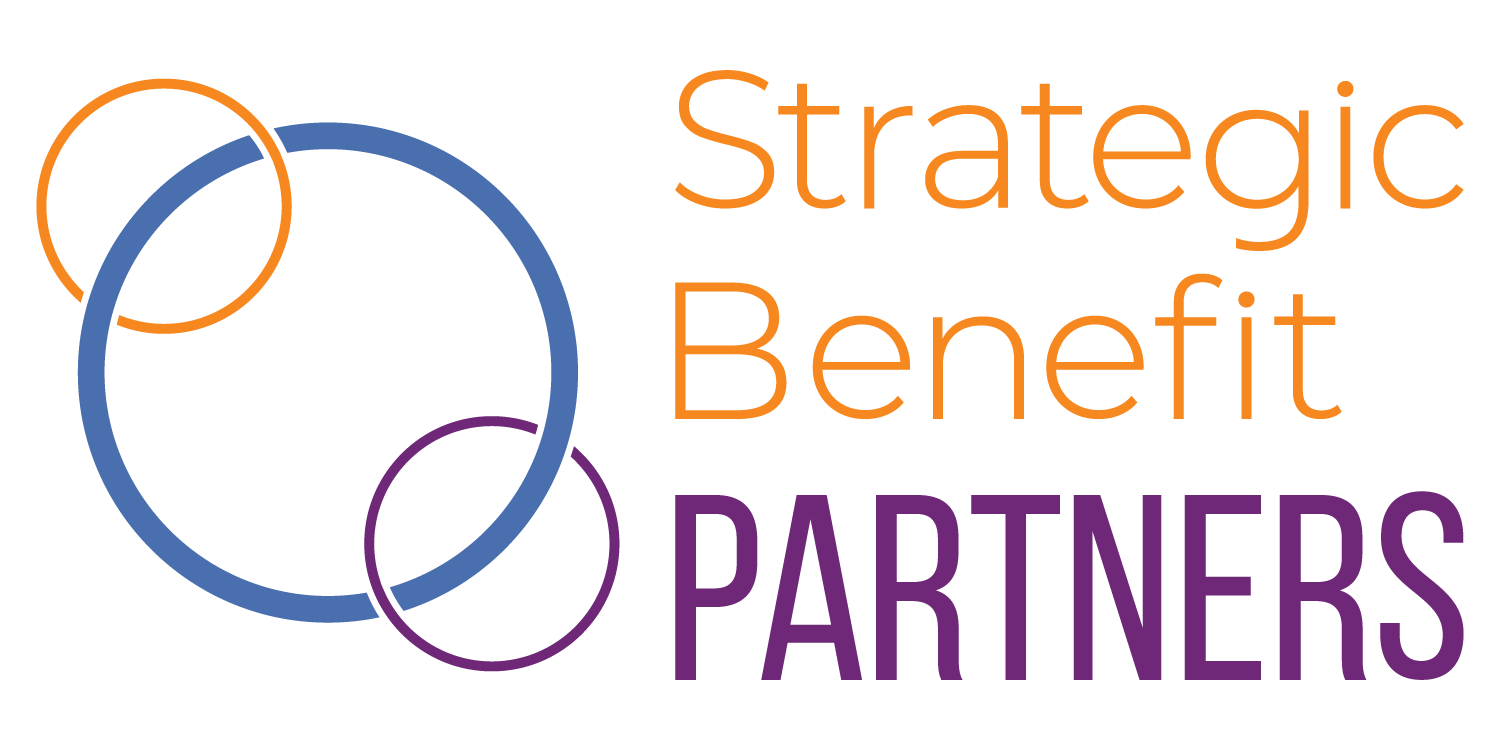Why Health Savings Accounts Can Be a Smart Option for Small Businesses and Their Employees
Health Savings Accounts (HSAs) can be a powerful benefit for small businesses looking to offer their employees more flexibility and control over their healthcare dollars. Not only do they provide a tax-advantaged way to pay for medical expenses, but they can also help small businesses keep healthcare costs manageable while still supporting their team.
What is an HSA?
An HSA is a personal savings account used to pay for qualified medical expenses. It is only available to employees enrolled in a High Deductible Health Plan (HDHP). Contributions to an HSA are tax-free, grow tax-free, and can be withdrawn tax-free when used for eligible healthcare expenses.
What Can HSAs Be Used For?
HSA funds can be used to pay for:
Doctor visits and copays
Prescription medications
Dental and vision expenses
Medical equipment (like crutches or blood pressure monitors)
Certain over-the-counter medications
Employees can also choose to save their HSA funds for future healthcare needs—even into retirement.
Pros of Offering HSAs:
✅ Lower healthcare costs for employers and employees – Pairing an HSA with a high-deductible plan often means lower premium costs.
✅ Tax advantages – Employer contributions are tax-deductible, and employees enjoy tax-free growth and withdrawals.
✅ Flexibility – Employees own their accounts and can carry unused funds year-to-year.
✅ Attractive recruitment and retention tool – HSAs show you’re invested in employees’ financial and health security.
Cons of Offering HSAs:
⚠️ Must be paired with a high-deductible plan – Some employees may worry about higher out-of-pocket costs before meeting their deductible.
⚠️ Education required – HSAs can be confusing for employees unfamiliar with how they work.
⚠️ Not ideal for everyone – Employees who expect high healthcare costs may prefer plans with lower deductibles.
The Bottom Line
For small businesses, HSAs can be a cost-effective way to offer competitive benefits while empowering employees to take charge of their healthcare spending. With proper education and support, they’re a win-win for both employers and their teams.

